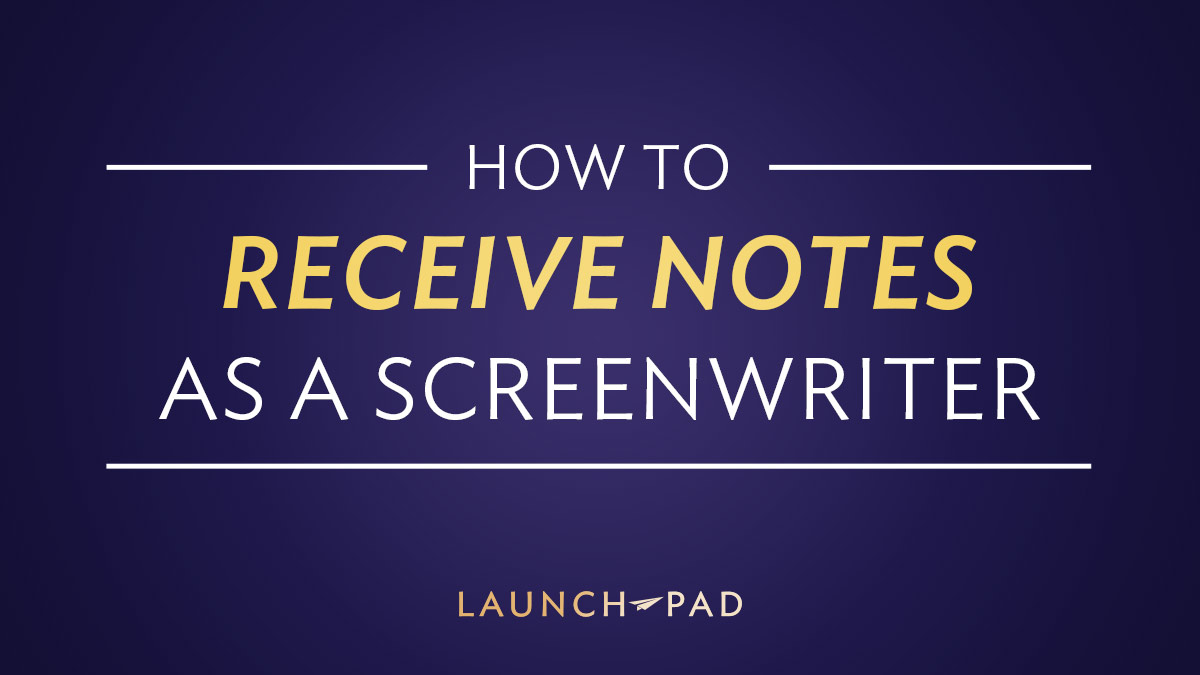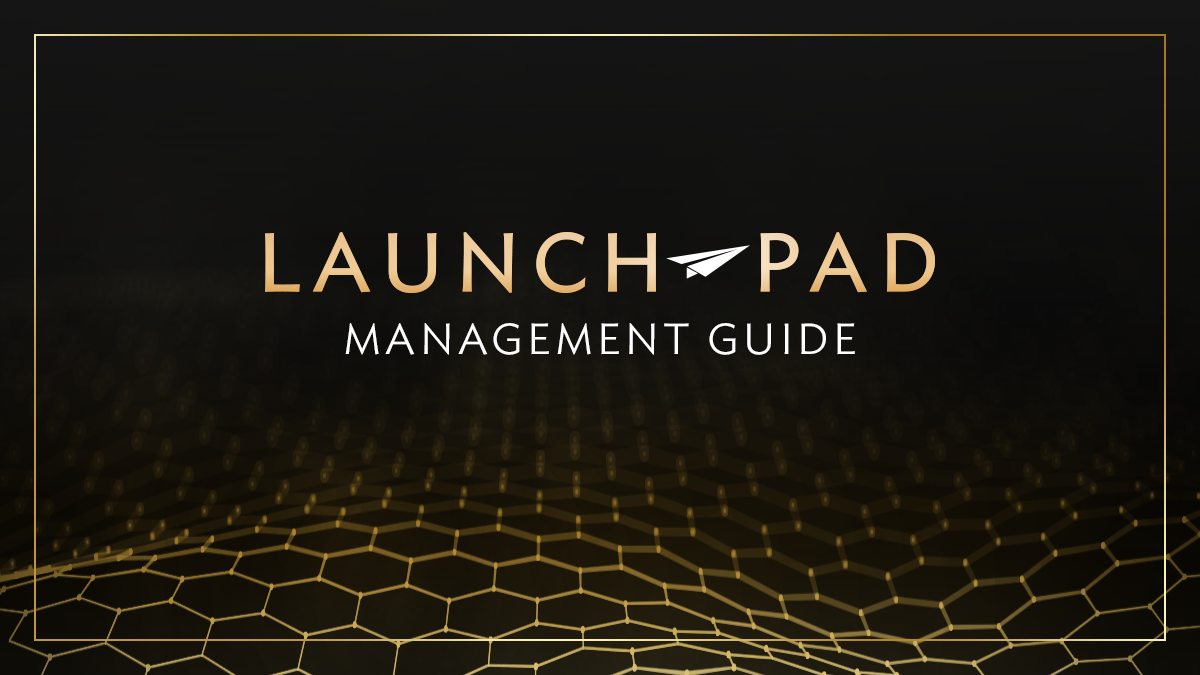
What are some best practices with handling notes as a screenwriter?
It can be incredibly exciting to get representation, to have your script land on a major list, or maybe even to sell your script. Before each of these steps, you were likely writing draft after draft, hoping the response will be “it’s perfect! No more changes needed!”
The truth is, hopefully, you’ll be hired on for rewrites after selling the script, which means another few passes on the script based on notes from the producers, the director, and possibly big name stars who sign on. The better you take notes, the better the script and the better your chances of working with these people and building a reputation for yourself in the industry.
Notes Can Hurt
You’ve likely heard this before: writers should listen and not get defensive when receiving notes.
That advice is easier said than done. You can’t help but believe that your script will be the exception. Or that the notes will be clear, concise, and very very small. Everyone reads something different though when they’re looking at a script, and that means everyone has a different impression of where the emphasis should be or how best to make something marketable.
Your goal is to determine what the perspective is of the person who’s giving the note. If a note appears convoluted or conflicting with other notes, you’ll have to decipher why the note exists in order to balance the changes with what is already on the page that they fell in love with.
Note Behind the Note
“Notes” and “pitches” are not the same thing, though they may sound the same in the moment. If a producer gives you a note and then a few examples of how to fix it, they might expect you to follow exactly what they said (which may or may not be terrible). More likely, the initial note (ie. lower the budget, what’s their motivation, logic clarification, rating change, etc.) is what they’re looking for changes on and they’re taking up space in the meeting or call by giving you examples. That initial note before the pitches, or an even cleaner and clearer version, is the “note behind the note”.
You are still in control of the script at this point though. Therefore, it’s up to you to absorb all the information they’re throwing at you and simply finding a creative way to put it into the script in a way that’s clear.
There’s always a why with notes. Why are they giving you this note? What are they ultimately trying to achieve? Let’s take a look now at how to handle a few versions of notes you might hear.
Likability
“Can we make the protagonist more likable?”
If this is your script, you might be saying to yourself, they’re not meant to be likable! The better question to ask yourself when you’re dealing with this note is should the audience empathize with them? Should the audience root for them even if they don’t empathize?
Oscar winner, Diablo Cody, is known for writing dynamic women, though they’re often described as “difficult” or “unlikable”. Hearing their own character described this way would likely cause a writer to bristle or feel the unconscious bias in the note (since it’s usually directed at women). Since bursting onto the scene with Juno, Cody’s career has continued to feature women-centric stories that are unconcerned with even acknowledging whether or not the character should be “likable” and she’s able to do this either by directing her own films or working with a team that champions her writing voice.
What if you’re new to the industry and are still gathering your champions?
If this is the situation you’re in (or something similar), try saying, “What I’m hearing is that you need a reason to root for them” or “empathize with the character…” A leading question like this will give the sense that you’re open, not defensive, and guides the person giving the note to clarify what it is they are looking for. There’s always a friend who sees their vulnerable side in a fleeting moment or a past hardship that caused the pain they’ve never truly overcome. These are things you can evoke with changes to the descriptions or the addition of a few small beats.
If they truly want a Save the Cat-style sequence that doesn’t fit with the themes or story you crafted, then consider having a different conversation. No character is truly evil.
Censorship
When Rachel Bloom and Aileen Brosh McKenna were developing Crazy Ex-Girlfriend, it initially landed at Showtime, where it could depict more explicit sex scenes. Once it was passed on and re-developed at The CW (where it would win multiple awards), these same scenes would have to be adjusted. Throughout the show’s run, Bloom and Brosh McKenna would have to ask themselves where the line was to get across their message of female gaze while not breaking the censorship rules for network television.
In this situation, the debate over what changes to make was ultimately determined by the show’s goal to show more diversity in sex scenes, but they were also inherently tied to the story. They moved the story forward, so a version was always going to happen. If these are the kinds of notes that you’re receiving, making edits for ratings, you should ask yourself where your line is. This goes for violence, language, drug use, etc., in addition to sex scenes.
Conflicting Notes
Sometimes when you’re getting notes from producers, it may feel like they’re giving you conflicting notes. For example, you may be working on a pass that is meant to bring the budget down but you’re still required to keep the set pieces feeling big. How are you supposed to manage both of these things? In this particular example, you’ll have to get creative.
Look throughout the script for moments to cut down on the budget and then, when you’re working on the set piece, continue to cut the budget a little bit but allow it to feel bigger by leaning into the stakes more. Maybe there’s a way to amplify the emotions throughout so that the big climactic moment feels even bigger than before, without needing as much destruction.
Listen first
The hardest part of any notes session is to make sure you come across the “right” way. A simple reaction could be read as though you’re being “difficult” or “defensive”. This means a writer has to have a higher level of self-awareness going into a notes call or meeting to make sure that they’re absorbing everything that’s being thrown at them, as well as being perceived as helpful and understanding. It can be a tough balance at first but look to your representation for guidance, particularly managers. They can be great resources in knowing the preferences of individual producers that you’ll be working with.
The most important thing to remember is that everyone giving you notes wants to make a movie or a television show. No one is actively trying to make something that people don’t want to see and you’re in a powerful position to continue having an impact on the story. Enjoy this process because not everyone gets to express their voice in such an amazing way.
Ready to take your TV writing skills to the next level? Enter the Launch Pad TV Pilot Screenwriting Competition!


